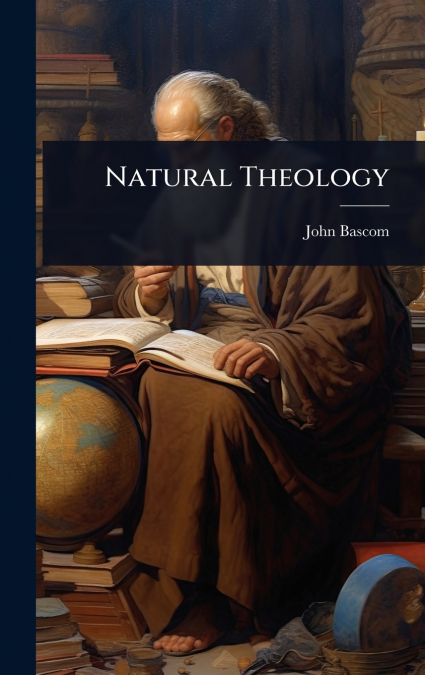
John Bascom
'Natural Theology' by John Bascom explores the intersection of science and religion, presenting a reasoned argument for the existence and attributes of God based on observations of the natural world. Written with clarity and precision, Bascom examines the order and design evident in nature, arguing that these point to an intelligent creator. This book provides a comprehensive overview of the principles of natural theology, making it a valuable resource for those interested in the relationship between faith and reason.Bascom addresses various aspects of the natural world, from the intricate structures of living organisms to the vastness of the cosmos, to build his case for theism. He also discusses the moral implications of natural theology, considering how our understanding of God can inform our ethical principles.Originally published in the late 19th century, 'Natural Theology' remains relevant today for its thoughtful engagement with fundamental questions about the nature of reality and the place of humanity within it.This work has been selected by scholars as being culturally important, and is part of the knowledge base of civilization as we know it. This work was reproduced from the original artifact, and remains as true to the original work as possible. Therefore, you will see the original copyright references, library stamps (as most of these works have been housed in our most important libraries around the world), and other notations in the work.This work is in the public domain in the United States of America, and possibly other nations. Within the United States, you may freely copy and distribute this work, as no entity (individual or corporate) has a copyright on the body of the work.As a reproduction of a historical artifact, this work may contain missing or blurred pages, poor pictures, errant marks, etc. Scholars believe, and we concur, that this work is important enough to be preserved, reproduced, and made generally available to the public. We appreciate your support of the preservation process, and thank you for being an important part of keeping this knowledge alive and relevant.